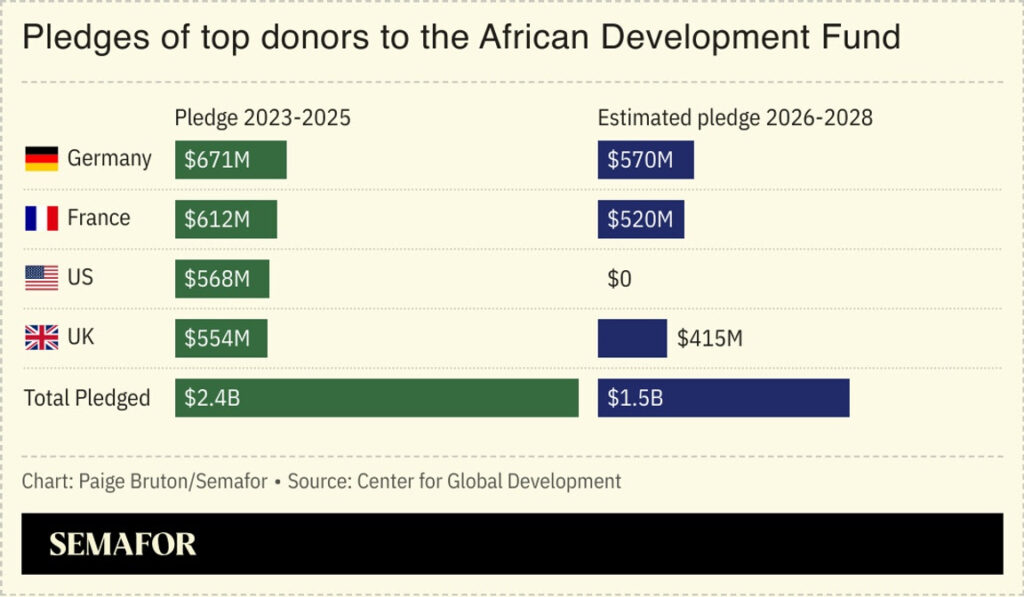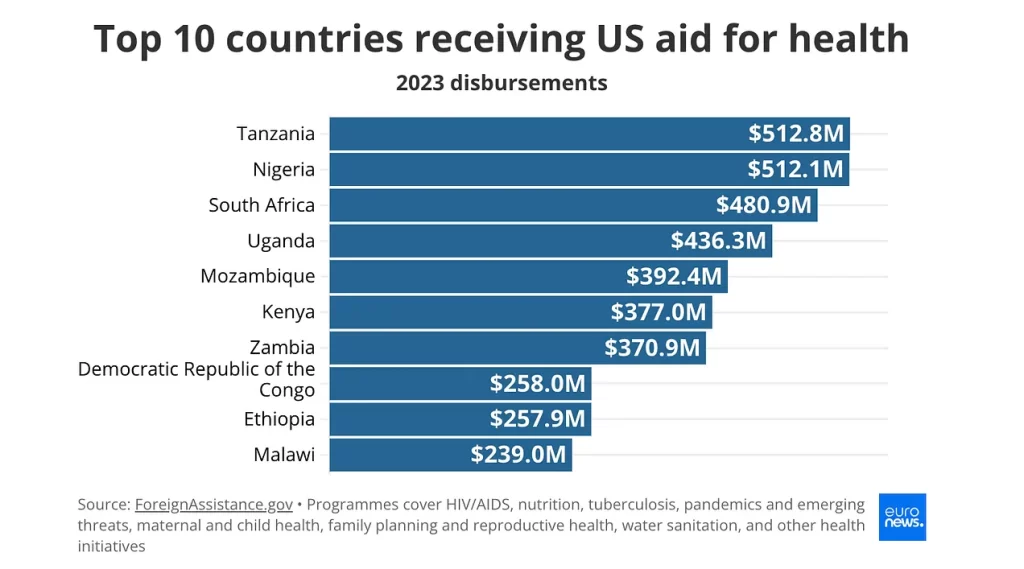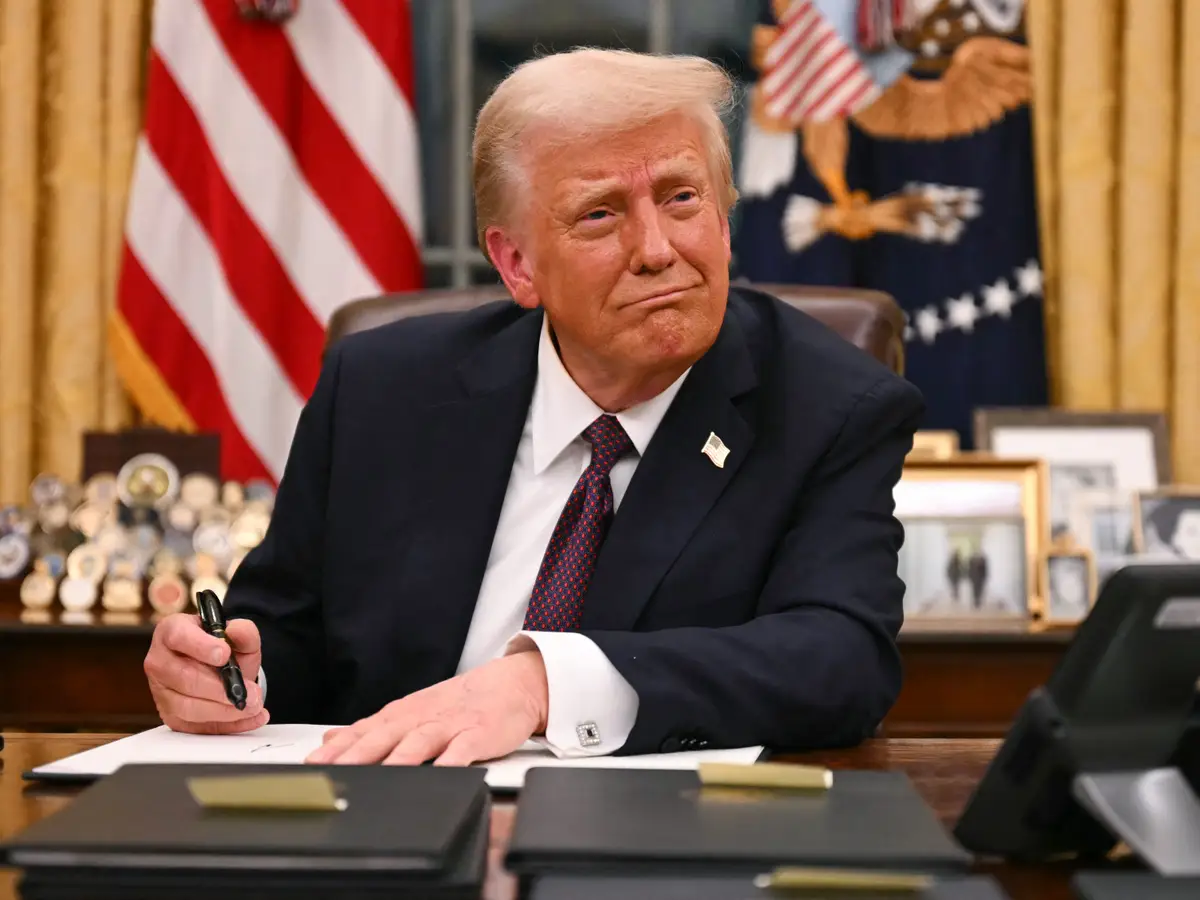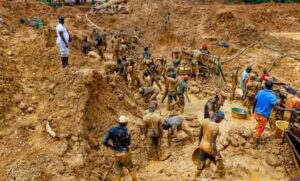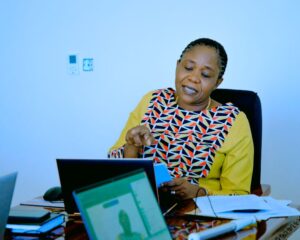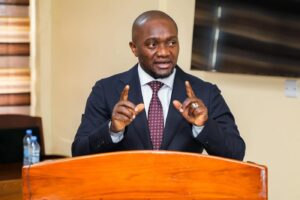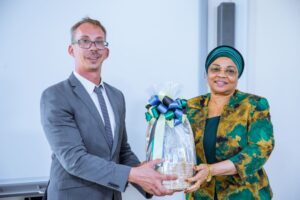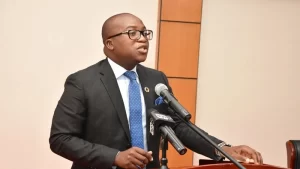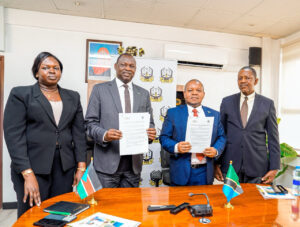By Business Insider Reporter & Agencies
The Trump administration plans to slash US$555 million in funding for the African Development Bank’s main development fund as part of sweeping cuts to foreign aid.
Under a proposal submitted to the US Congress on Friday last week, Washington would end all contributions to the fund for the continent’s low-income countries next year as the White House said it was “not currently aligned” to its priorities.
The move creates a hole in the AfDB’s own plans and will likely force a reset in the way the bank’s key fund operates. Its current US$8.9 billion three-year funding cycle ends this year. Last October, African countries had been pushing for a US$25 billion replenishment.
The US has backed the fund since 1976 and is the AfDB’s second-largest shareholder. Other leading donors have also been cutting back on their contributions, but none of the reductions have been anywhere near as drastic as those put forward by the US.
AfDB Presidents
The changes will be a challenge for the incoming AfDB president after leadership elections later this month. The current president, Dr. Akinwumi Adesina, a Nigerian economist and development expert, has served the development bank since September 1, 2015, and was re-elected for a second five-year term in 2020.
His tenure is set to conclude on September 1, 2025, with the next presidential election scheduled for May 29, 2025, during the AfDB’s Annual Meeting in Abidjan, Côte d’Ivoire .
Dr Adesina’s leadership has been marked by significant achievements, including the implementation of the AfDB’s “High 5s” agenda – Light up and Power Africa, Feed Africa, Industrialize Africa, Integrate Africa, and Improve the Quality of Life for the People of Africa.
Under his guidance, the AfDB has invested over US$55 billion in infrastructure, making it the largest multilateral financier of African infrastructure. Additionally, the bank has committed US$3 billion to quality healthcare infrastructure and another US$3 billion for pharmaceutical development, including establishing the Africa Pharmaceutical Technology Foundation .
AfDB US$5.4 Billion Financing in Tanzania
Tanzania has been one of the major beneficiaries of this financing, making AfdB one of the country’s major development partners. As of May 2025, the African Development Bank (AfDB) has committed over US$5.4 billion to key infrastructure and development projects in Tanzania, underscoring its significant role in the nation’s growth.
Key AfDB-Funded Projects in Tanzania
- Standard Gauge Railway (SGR) – Tabora to Kigoma & Tanzania–Burundi Link
- Total AfDB Commitment: US$3.05 billion.
- Kakono Hydroelectric Power Station
- Total Project Cost: US$321.43 million. AfDB Contribution: US$161.47 million.
- Msalato International Airport
- Total Project Cost: US$329.47 million. AfDB Contribution: US$198.63 million.
- Dar es Salaam Rapid Transit (DART) – Phase II
- Total Project Cost: US$160 million. AfDB Contribution: US$141 million.
Dr. Adesina has also been instrumental in advocating for Africa’s economic interests on the global stage, including efforts to recalibrate GDP measures to account for the continent’s vast natural assets. This initiative aims to improve debt metrics and alleviate borrowing pressures that have led to economic crises .
“President Trump’s renewed proposal to cut African Development Bank (AfDB) aid comes on the heels of already reduced USAID funding, a combination that has devastated numerous development and humanitarian initiatives across Africa.
America First Policy
Tanzania, in particular, has been among the hardest-hit countries, where US policy shifts have disrupted critical infrastructure, health, and energy projects — many of which rely heavily on blended support from USAID and AfDB.
In line with Trump’s longstanding “America First” agenda, the administration has vowed to cut foreign assistance budgets — many targeting programmes in sub-Saharan Africa.
The White House argues that US taxpayer dollars should be redirected toward domestic priorities and that African nations should take on more responsibility for their own development.
“Foreign aid has been a one-way street for too long,” President Trump said recently. “We’re going to make smarter deals and stop funding corrupt regimes.”
New USAID Budget
The budget proposal for fiscal year 2026 includes a 35% cut to USAID’s development assistance programmes, and sharp reductions in funding for health, education, and climate-related initiatives in Africa.
If enacted, these cuts could jeopardize programmes that support maternal health, malaria prevention, food security, and access to clean water.
However, not all aid is being pulled back. The Trump administration has pledged to maintain — and possibly expand — funding for PEPFAR, the flagship US initiative to combat HIV/AIDS.
This aligns with support from Republican lawmakers and faith-based organizations. But other global health initiatives are expected to be constrained, especially those involving sexual and reproductive rights, which remain politically contentious under Trump’s leadership.
